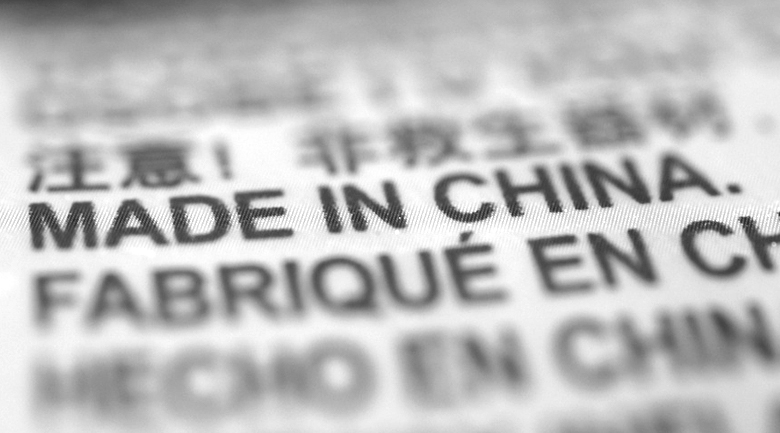
Supreme Court decision impacts businesses
This week, the U.S. Supreme Court announced a final decision wherein businesses nationwide dodged a bullet. The Kirtsaeng v. Wiley case, although primarily focused on libraries, had broader business implications, as it would have made it illegal for American consumers and businesses to sell, lend, or give away things they own that were manufactured overseas.
The American Library Association (ALA) hails the 6-3 opinion as a “total victory,” vindicating the foundational principle of the first sale doctrine which says if you bought something, you own it.
“All who believe in that principle, and the certainty it provides to libraries and many other parts of our culture and economy, should join us in applauding the Court for correcting the legal ambiguity that led to this case in the first place,” the ALA notes.
How the lawsuit went down
The case involves a US graduate student named Supap Kirtsaeng who coordinated with his family to buy less expensive foreign editions of textbooks abroad and re-sell them to college students in the US. These books were not pirate copies; they were genuine textbooks authorized by Wiley for manufacture and sale abroad. Nevertheless, Wiley brought suit, alleging that the purchase and resale of foreign-made copies in the US infringed copyright.
In his defense, Kirtsaeng invoked a principle known as the “first sale doctrine”: a lawful owner of a lawful copy of a copyrighted work can generally do whatever she wants with that copy—resell, lend, donate, and even destroy it—without asking permission from the copyright holder. To put it another way, the author’s right to control a particular copy of her work ends after the first sale. The first sale doctrine is especially important to libraries, whose primary activity throughout history has been to buy copies of works and make them available to their communities by lending.
Had the Court’s decision gone the other way, businesses would have been restricted in selling or even lending anything manufactured overseas.
Marti Trewe reports on business and technology news, chasing his passion for helping entrepreneurs and small businesses to stay well informed in the fast paced 140-character world. Marti rarely sleeps and thrives on reader news tips, especially about startups and big moves in leadership.







































